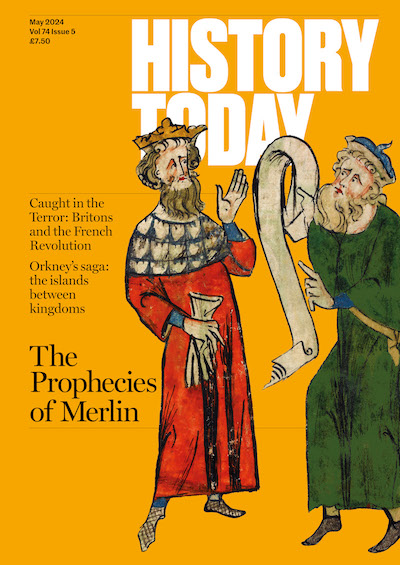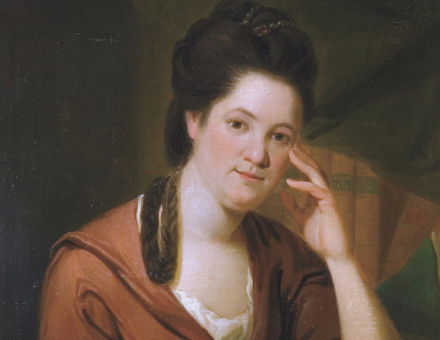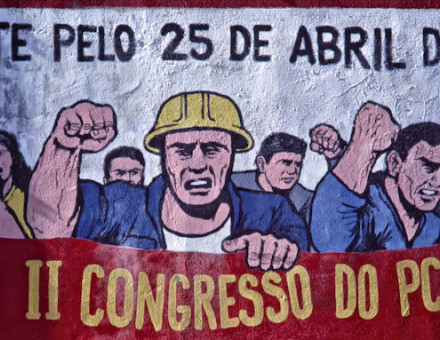Appeasement & the Cold War: the Munich Effect
Mark Rathbone analyses the continuing influence of the Munich conference on post-war events.
As Neville Chamberlain returned to 10 Downing Street on 30th September 1938 after the Munich Conference, he went to the first floor window to acknowledge the crowd which had gathered outside and declared, ‘My good friends, this is the second time in our history there has come back from Germany to Downing Street peace with honour. I believe it is peace for our time.’
Few shared Churchill’s alternative view of the Munich agreement, that it was ‘a total and unmitigated defeat’, but as the events of 1938-39 moved rapidly towards their tragic denouement, it became hard to avoid the conclusion that Chamberlain’s attempt to come to terms with Hitler had been misguided. When German troops invaded the rest of Czechoslovakia in March 1939, Hitler’s promise that the Sudetenland was his ‘last territorial demand’ was revealed for the lie it had always been. At best Chamberlain’s summit diplomacy had bought Britain another 11 months to prepare for war at the considerable expense of Czechoslovakia’s freedom.





